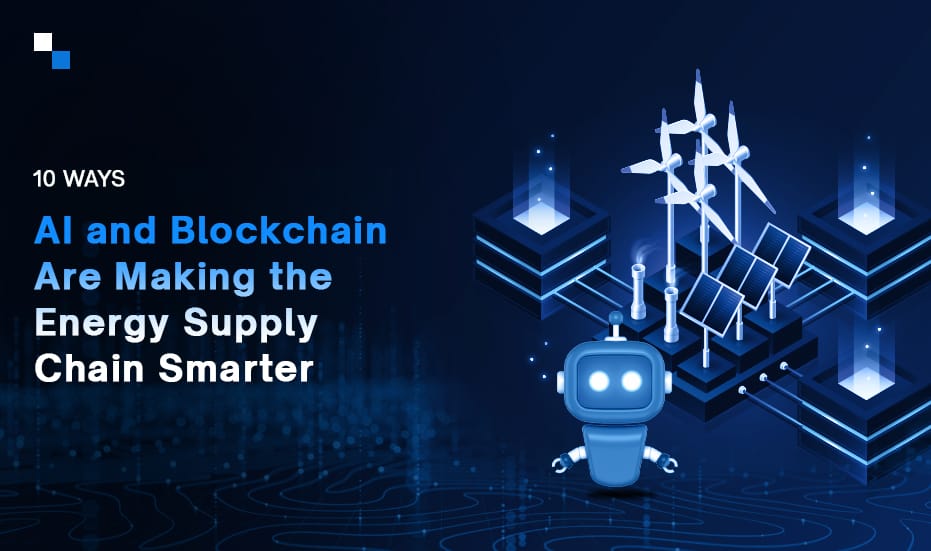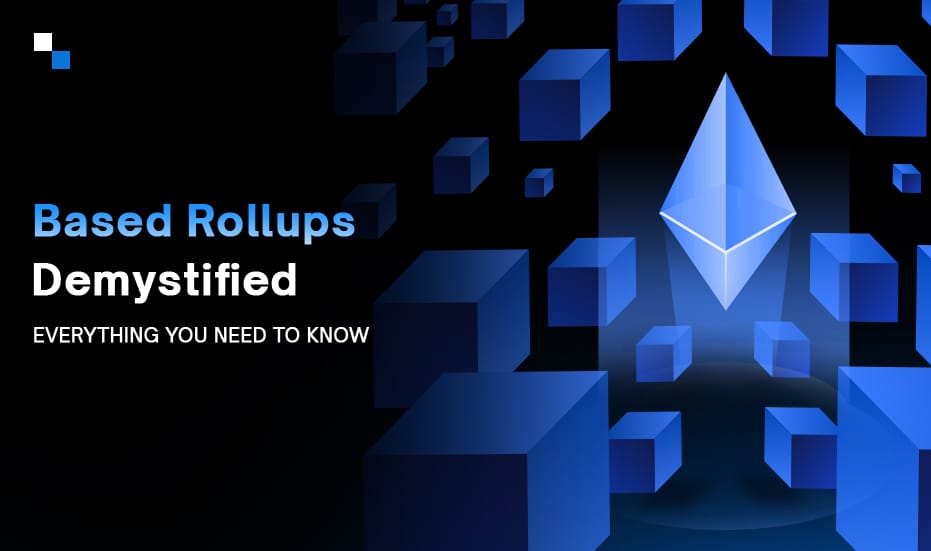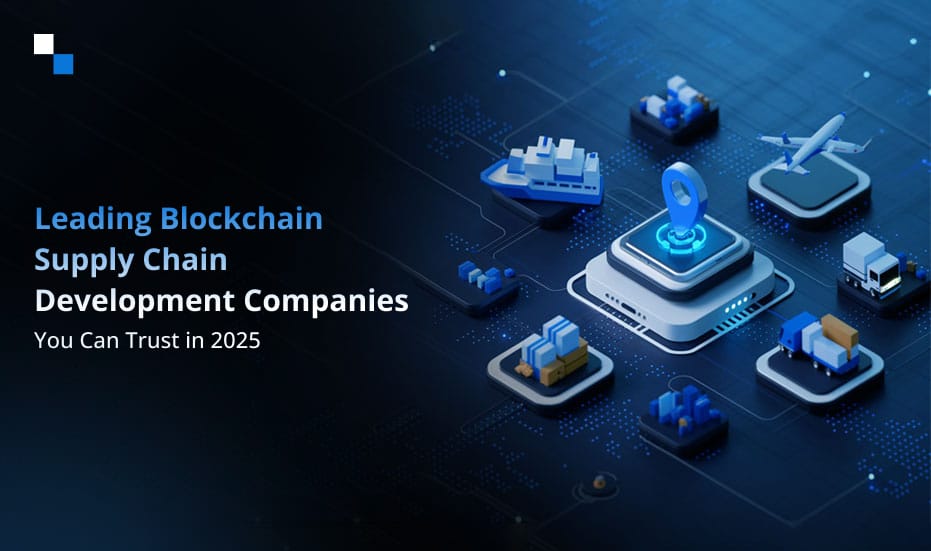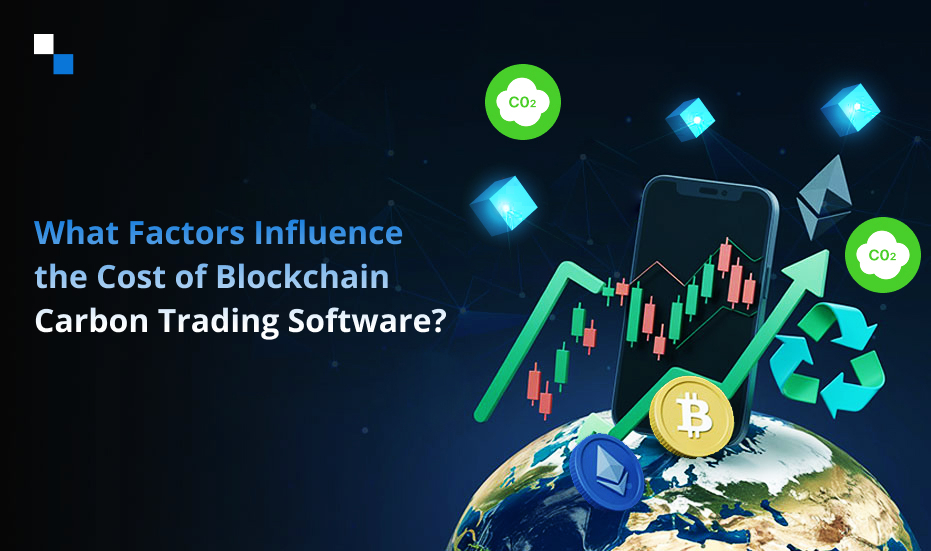
CMTA Token Standard: The Swiss Blueprint for Real-World Asset Tokenization
April 10, 2025
How to Launch Your $100M ICO on the Aptos Blockchain?
April 11, 2025The energy sector is in the midst of a digital transformation. With rising energy demands, fluctuating supply, and a growing push for sustainability, companies are looking for smarter ways to manage their operations. This is where the powerful combination of AI and blockchain in the energy supply chain is stepping up.
These two technologies, artificial intelligence and blockchain, are revolutionizing the way energy is produced, tracked, and delivered. From smart grids to real-time demand forecasting and peer-to-peer trading, the impact is massive. More and more organizations are now investing in blockchain supply chain development to gain a competitive edge.
Ways AI and Blockchain in Energy Supply Chain are Transforming the Industry
Let’s dive into the top 10 ways AI and blockchain are changing the energy game, one watt at a time.
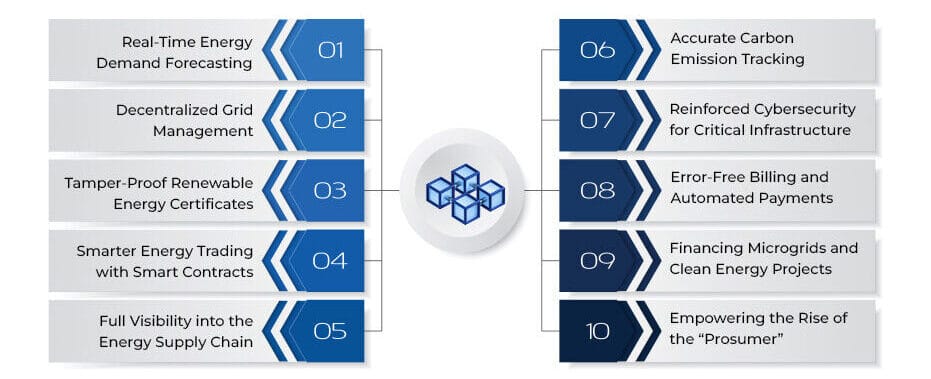
1. Real-Time Energy Demand Forecasting
Energy demand fluctuates constantly. Predicting these changes is crucial to avoid power outages or overproduction. AI plays a key role here by analyzing historical data, weather patterns, consumer usage trends, and even calendar events to forecast demand with precision.
When you layer in blockchain, every piece of data used in these forecasts becomes transparent and tamper-proof. This means energy suppliers can make decisions based on reliable data, and stakeholders can verify the information at any time.
Benefit: Optimized energy production, reduced waste, and cost savings.
2. Decentralized Grid Management
Traditional energy grids operate on a centralized model, meaning if one part fails, it can cause major disruptions. Blockchain introduces a decentralized system where energy can be distributed and traded locally between microgrids, homes, or businesses.
AI enhances this setup by monitoring system performance, predicting where grid failures might occur, and automating responses to prevent blackouts. This duo ensures that the grid operates efficiently and autonomously.
Benefit: Improved resilience, real-time grid control, and lower operational risks.
3. Tamper-Proof Renewable Energy Certificates
Today, consumers want to know if the energy they’re using is actually renewable. But verifying that isn’t always easy. Blockchain offers a secure, unchangeable ledger that tracks where and how energy is produced, enabling the creation of verifiable renewable energy certificates (RECs).
AI ensures these records are automatically verified and match with energy output data, reducing the need for manual audits or third-party verifiers.
Benefit: Increased transparency and trust in clean energy reporting.
4. Smarter Energy Trading with Smart Contracts
Energy trading has traditionally been complex and limited to big players. But smart contracts, self-executing programs built on blockchain, are changing the game. They allow automated, peer-to-peer energy trading without intermediaries.
AI algorithms can scan market data, predict pricing trends, and execute trades at optimal times. This makes energy markets more efficient and inclusive, even for households with solar panels.
Benefit: Faster, cheaper, and more accessible energy trading.
5. Full Visibility into the Energy Supply Chain
From the extraction of raw materials to the delivery of electricity, the energy supply chain is vast. Monitoring every component manually is inefficient and error-prone.
Blockchain enables real-time tracking of every asset—transformers, cables, power stations—along the supply chain. AI monitors their performance, predicts maintenance needs, and helps prevent failures before they happen.
Benefit: Reduced downtime, optimized asset management, and lower maintenance costs.
6. Accurate Carbon Emission Tracking
Governments and regulators are cracking down on carbon emissions. But measuring and reporting emissions accurately across a multi-tiered supply chain is challenging.
Blockchain provides an immutable record of carbon outputs at each stage. AI analyzes operational data to calculate the carbon footprint in real-time, helping organizations stay compliant with emission regulations.
Benefit: Simplified regulatory compliance and enhanced ESG (Environmental, Social, Governance) reporting.
7. Reinforced Cybersecurity for Critical Infrastructure
The energy industry is a high-priority target for cybercriminals. A single attack on a grid operator could cripple an entire city’s power.
Blockchain offers decentralized data storage, meaning there’s no single point of failure. Meanwhile, AI monitors systems for anomalies and automatically detects cyber threats before they can escalate.
Benefit: A self-defending energy network with advanced threat detection and prevention.
8. Error-Free Billing and Automated Payments
Billing errors in energy consumption are frustrating for both consumers and suppliers. AI can identify unusual billing patterns or errors and correct them instantly. Meanwhile, blockchain ensures that billing records are immutable and traceable.
Smart contracts can even automate the entire billing process, triggering payment once energy is delivered and usage is confirmed.
Benefit: Transparent, accurate, and fast billing—boosting customer satisfaction and supplier efficiency.
9. Financing Microgrids and Clean Energy Projects
New-age energy projects, such as community solar farms or wind-based microgrids, often struggle to attract financing due to a lack of visibility and trust.
Blockchain enables tokenization, where investors can buy fractional shares of clean energy projects. AI algorithms analyze the risk, ROI, and efficiency of these projects, giving investors data-driven confidence.
Benefit: Easier fundraising for clean energy startups and decentralized energy innovations.
10. Empowering the Rise of the “Prosumer”
Consumers are no longer just users of electricity, they’re becoming prosumers (producers + consumers). With rooftop solar panels, battery storage, and EVs, individuals can now produce excess energy and sell it back to the grid.
Blockchain enables secure P2P trading while AI helps them make smarter decisions, like when to store, sell, or use energy based on dynamic pricing and demand.
Benefit: Energy independence, consumer empowerment, and better resource utilization.

Conclusion
The energy industry is transforming, and it’s happening fast. AI and blockchain in energy supply chain have turned out as real-world tools solving today’s problems. From improving grid resilience and reducing fraud to enabling energy democratization and sustainability, these technologies are disrupting old systems and creating new opportunities. If you’re part of the energy ecosystem, whether a startup, utility company, grid operator, or government agency, embracing blockchain supply chain development is your gateway to future-proof operations, and in this case, Antier is the partner you need.
Antier is a renowned expert in the digital space with deep expertise in blockchain supply chain development and AI integration. We help energy companies create future-ready solutions. Whether it is building a P2P energy trading platform, tracking your carbon footprint, tokenizing green energy projects, or enabling decentralized smart grid management, Antier can architect, develop, and deploy scalable systems tailored to the client’s needs.
If you’re ready to harness the power of AI and blockchain in energy supply chain, partner with Antier and transform your vision into a scalable, secure, and sustainable reality.
